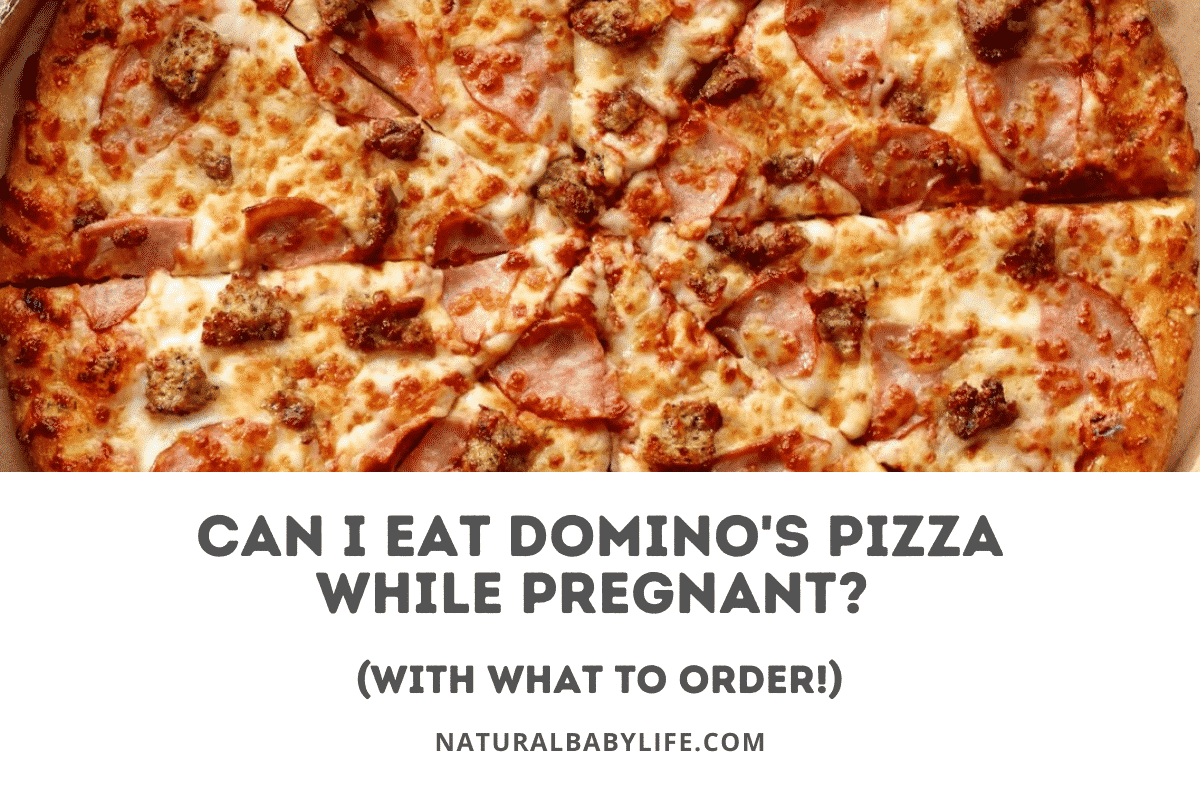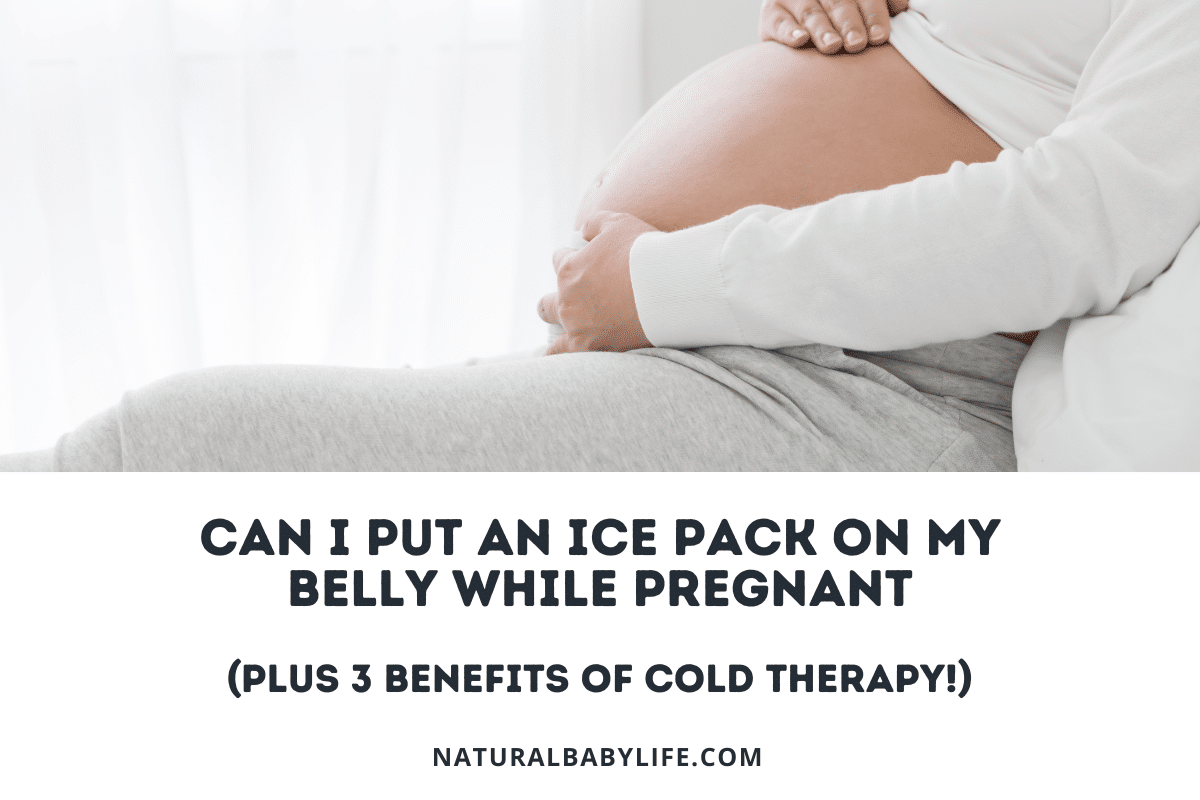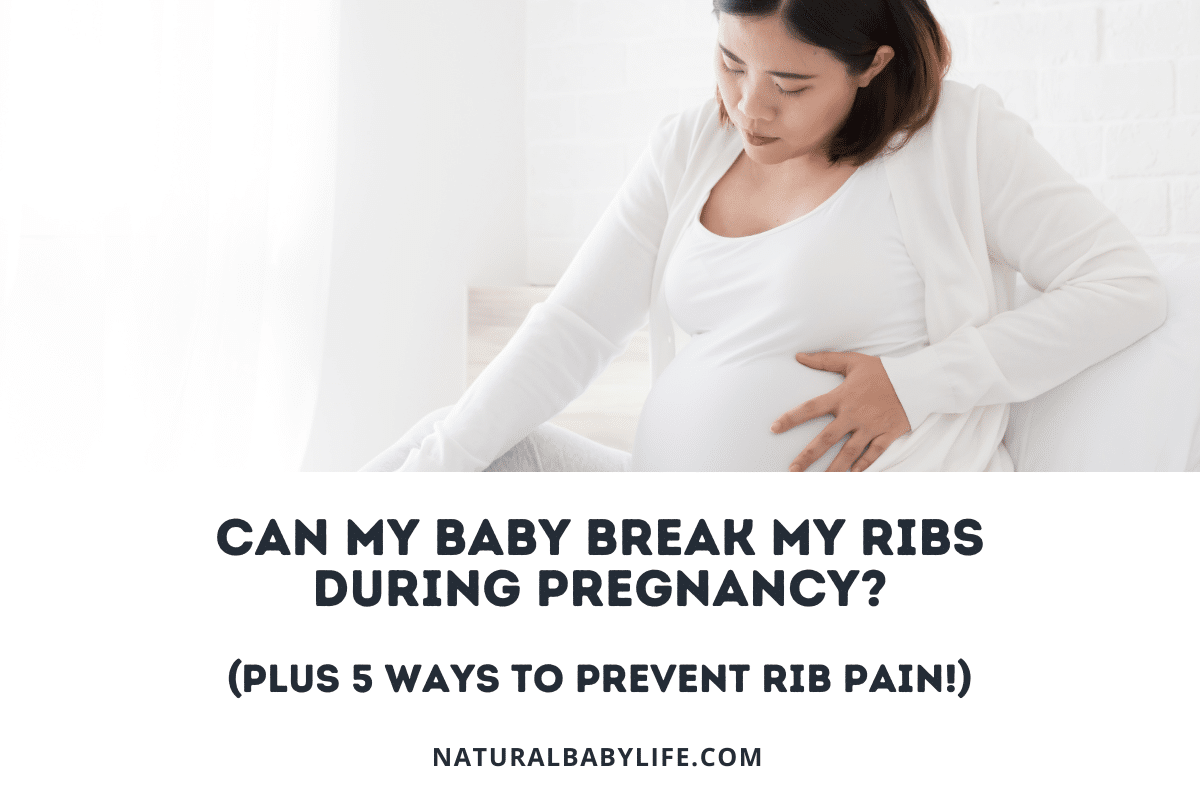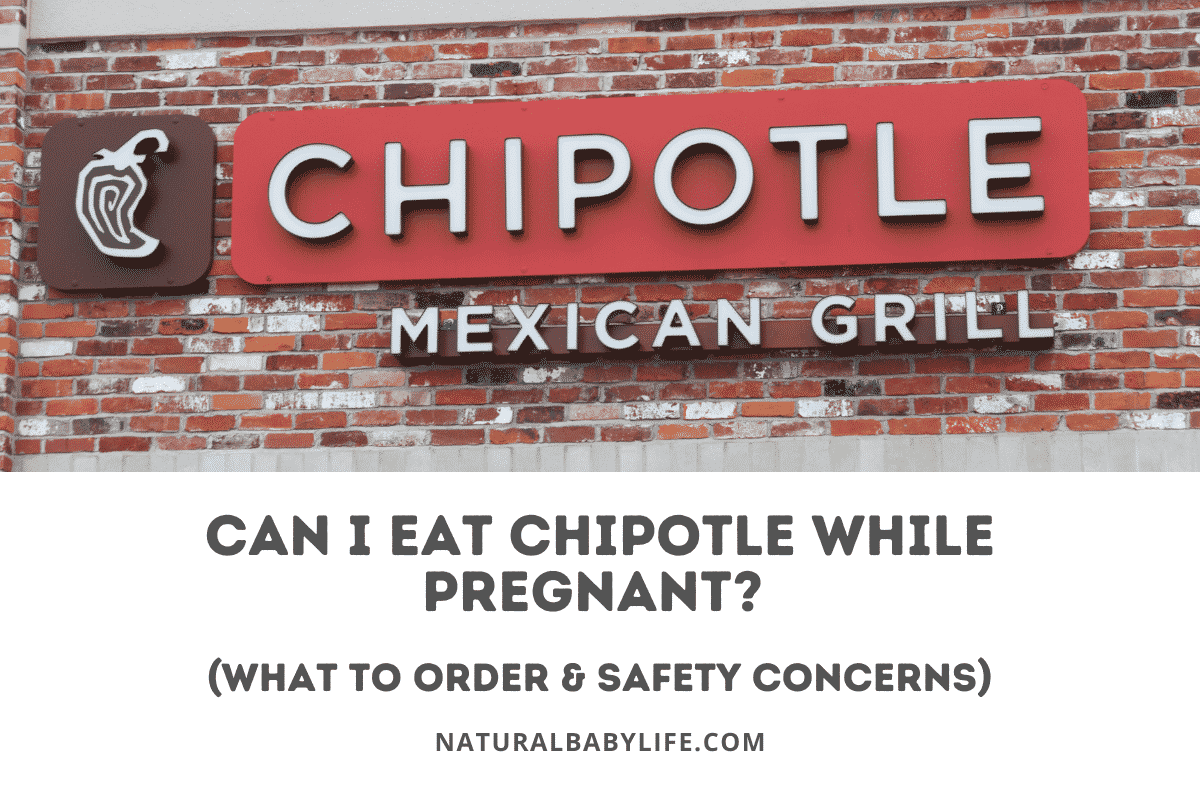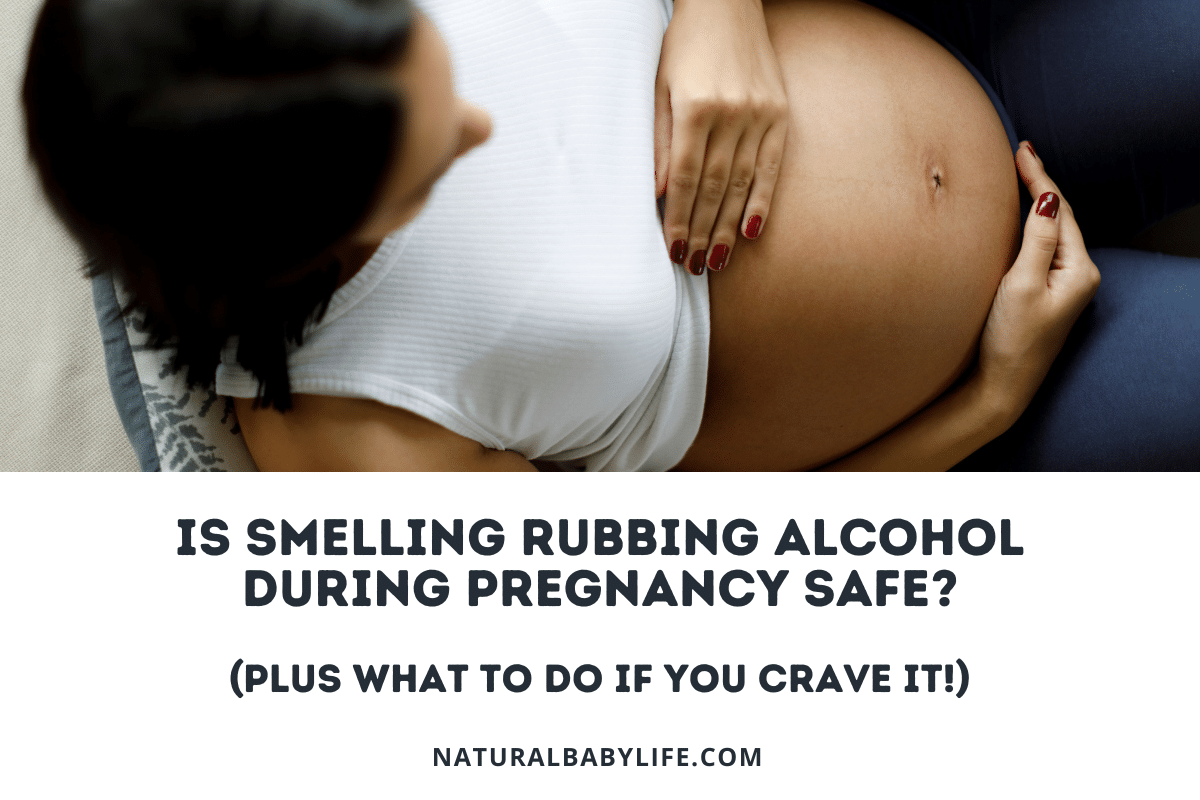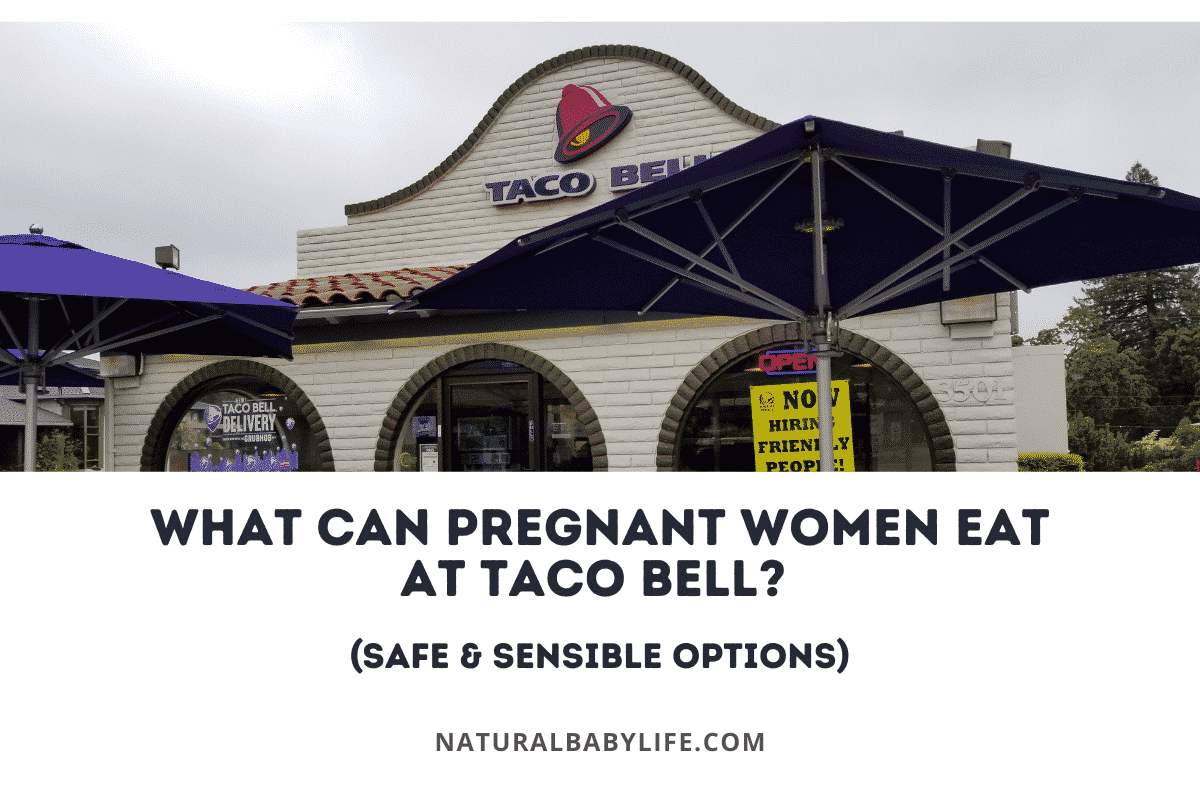If you are craving Domino’s Pizza during pregnancy you might be worried that some of the ingredients are unsafe or which menu items are the safest to order.
Domino’s Pizza is generally a safe food to eat during pregnancy if it is cooked to the proper temperature and served hot. Domino’s Pizza uses pasteurized milk and cheese, cured meats, and fresh vegetables for all of its pizzas. Thin crust pizzas with veggies, wings, specialty chicken, and salads are the healthiest menu options at Domino’s Pizza.
Read on to learn more about what to order at Domino’s Pizza while pregnant as well as what you should avoid. Also check out frequently asked questions about their pepperoni, meats, and cheeses!
Table of Contents
Is it safe to eat Domino’s Pizza while pregnant?
Domino’s Pizza is by far the most popular pizza chain in the United States and it should be no surprise that it is a common craving for pregnant women! But, just because something is popular doesn’t necessarily mean that it is the best thing to eat.
Domino’s Pizza is safe to eat while pregnant provided that there are no sanitation issues in the restaurant, the food is cooked to the proper temperature, and then served piping hot. Although pepperoni and other meats at Domino’s Pizza are cured, they should still be cooked to the recommended temperature to avoid potential food-borne illness. The biggest potential issues at Domino’s Pizza for pregnant women are undercooked ingredients as well as high fat and sodium content in the food.
Additionally, always be sure to quickly refrigerate any leftovers from Domino’s and then reheat the pizza to the recommended temperature before eating!
As long as you check your food closely and check for restaurants with a good health department score, it is possible to find something reasonably healthy on the Domino’s Pizza menu that is safe for you and baby to eat!
Can you eat cold Domino’s pizza while pregnant?
Always be sure to quickly refrigerate any leftovers from Domino’s and then reheat the pizza to the recommended temperature before eating!
Once food has been cooled down below 140 degrees but before it has been chilled to 40 degrees bacteria will be able to reproduce and cause potential issues with food-borne illnesses. To minimize this risk, always cool your leftover pizza quickly and heat to above 140 degrees before eating!
Can you eat pepperoni from Domino’s while pregnant?
One of the most frequently asked questions about eating pizza, including Domino’s Pizza, is whether or not the pepperoni is okay.
Pepperoni is cured and contains preservatives but it is still considered a raw food that should be cooked before eating, including on pizzas. When pepperoni is cooked to the proper temperature and served piping hot it there is little risk of food-borne bacteria contaminating the food.
Just be sure that you don’t leave your pizza out in the box for too long after eating and be sure to cool and store the pizza within 2 hours of cooking. Any pizza eaten as leftovers should be consumed within a few days and reheated thoroughly to 140 degrees before serving!
Is Domino’s pepperoni pasteurized or cured?
Domino’s does not directly specify whether or not their pepperoni is cured but we can assume that it is based on the ingredients list compared to other cured pepperoni products.
Like most other pizza chains and pizza products, Domino’s uses cured pepperoni in their pizzas which must be cooked before serving to avoid any potential issues.
Here is a complete list of ingredients found within the Domino’s pepperoni:
- Pork
- Beef
- Salt
- Spices
- Dextrose
- Lactic acid starter culture
- Natural flavors
- Oleoresin of paprika
- Sodium ascorbate
- Sodium Nitrite
- Citric Acid
Is Domino’s cheese pasteurized?
Domino’s uses cheese made with pasteurized milk and cheese cultures. Although they use American cheese and parmesan in their recipes, most pizzas are served with their ‘pizza cheese’ blend which is mostly made of mozzarella.
Pizza cheese
Here is the ingredient list for this cheese:
- Part-skim mozzarella cheese (Pasteurized Milk, Cultures, Salt, Enzymes, Modified Food Starch, Cellulose (Added to Prevent Caking)
- Nonfat milk
- Whey protein concentrate
- Natural flavors
- Sodium propionate (added as a preservative)
Provolone cheese
Here is the ingredient list for this cheese:
- Provolone Cheese (Pasteurized Milk, Cultures, Salt, Enzymes)
- Nonfat Milk
- Sodium Propionate (Added As A Preservative)
American cheese
Here is the ingredient list for this cheese:
- Cultured Milk and Skim Milk
- Water
- Cream
- Sodium Citrate
- Salt
- Sodium Phosphate
- Sorbic Acid (preservative)
- Citric Acid
- Acetic Acid
- Enzymes
- Soy Lecithin
- Color Added.
Potential issues with eating pizza during pregnancy
As I’ve mentioned before, the usual culprit with pizza, in terms of safety, comes from improperly prepared or undercooked ingredients.
Here is a brief list of possible food safety issues with pizza during pregnancy:
- Undercooked meats
- Undercooked veggies
- Improperly handled food ingredients, storage containers, and equipment
- Indigestion from acidic ingredients such as tomato sauce
What can pregnant women eat at Domino’s?
Pizza will never be the healthiest option for pregnant women but it is possible to fit a few slices into an otherwise healthy diet without any cause for concern. As with most things, moderation is key!
Pregnant women can ultimately eat whatever they want from Domino’s Pizza, in moderation, without a risk to their safety, if it is properly handled and prepared, cooked to the required temperature, and served hot. All pizzas served at Domino’s will be relatively high in fat content, sodium levels, and total calories so it is important to customize your order to reduce those macros.
Fortunately, if you are craving Domino’s while pregnant there are a few things that you can order that won’t completely wreck your diet!
Let’s take a look at the healthiest pizza option along with a couple of other possibilities!
Pacific Veggie Thin Crust Pizza
Unlike some other pizza chains, Domino’s offers a good thin crust option that dramatically reduces the total calories by lowering the number of carbs in the dish. As a result, the healthiest pizza to order at Domino’s is a thin crust veggie pizza and they have a specialty pizza ready to go that fits the bill called the Pacific Veggie
Here is the nutrition information for a slice (1/8 of the pizza) of thin-crust Pacific Veggie Pizza:
- Calories: 230
- Fat: 13 grams
- Carbs: 18 grams
- Protein: 9 grams
- Sodium: 490 milligrams
- Dietary fiber: 1 gram
As you can see, a few slices of this pizza won’t cause too many issues but it is still high in sodium so you’ll still need to exercise moderation!
Italian Sandwich
Sandwiches are often overlooked at a pizza place but they are one way to scratch the itch of a pizza craving during pregnancy without actually ordering pizza.
For the Italian sandwich, you’ll get a loaf of artisan bread packed with pepperoni, salami, ham, banana peppers, green peppers, onions, and provolone cheese.
Here are the nutrition facts for half of an Italian sandwich:
- Calories: 410
- Fat: 20 grams
- Carbs: 35 grams
- Protein: 21 grams
- Sodium: 1470 milligrams
- Dietary fiber: 2 grams
As you can see, calorie-wise, the Italian sandwich won’t bust you out of your diet if you eat just half and you could likely fit in the whole sandwich if you pace yourself. Still, with 1470 milligrams of sodium in just half a sandwich it’s a mountain of salt – be sure to keep this in mind before you order!
Classic Hot Buffalo Specialty Chicken
If you aren’t looking for pizza flavors but need something to order from Domino’s then check out the specialty chicken bites.
The specialty chicken items feature chunks of breaded and fried chicken breast tossed in sauce with different toppings available. For the classic hot buffalo, you’ll get a good amount of protein with relatively low total calories.
Here are the nutrition facts for 1/3 of an order of the Classic Hot Buffalo Specialty Chicken:
- Calories: 190
- Fat: 11 grams
- Carbs: 14 grams
- Protein: 9 grams
- Sodium: 1040 milligrams
- Dietary fiber: 0 grams
Diet and nutrition safety recommendations for pregnant women
During pregnancy, it is vital that both you and the baby get the proper nutrients. You can do this by eating a well-balanced diet focused on proper nutrition, and staying hydrated. It’s equally important to know which foods to limit or avoid.
Foods to avoid while pregnant
Foodborne illnesses are one of the biggest concerns during pregnancy. To avoid potential contamination with harmful bacteria, certain foods should be handled with care and others avoided during pregnancy.
Pregnant women are generally more susceptible to foodborne illnesses. Here are the foods to avoid while you’re pregnant.
-
- Unpasteurized milk, yogurt, and cheeses – Brie, Camembert, or blue-veined cheeses can contain the bacteria Listeria.
- Raw or undercooked egg – Cookie dough, Caesar dressing, mayonnaise, hollandaise sauce made with raw or undercooked eggs can contain salmonella.
- Raw fish or seafood – Including sushi, oysters, shark, tilefish, king mackerel, and swordfish contain high levels of mercury that can damage the baby’s nervous system.
- Raw/undercooked meat – Undercooked steak, poultry, and pork can be infected with Toxoplasmosis, Salmonella, Listeria, or E.Coli.
- Pate/liver – This contains extremely high levels of vitamin A, which can affect fetal brain development.
- All forms of alcohol – Excessive alcohol consumption has been associated with several fetal issues.
- Lunch meat, hot dogs, and other processed meats – Unless they are cooked until steaming to kill bacteria. They are also high in salt and saturated fat.
- Teas – Avoid drinking tea with meals. The tannins prevent the absorption of iron.
- Energy drinks – These are high in caffeine and not recommended during pregnancy.
Foods to limit while pregnant
The following foods and drinks should be limited during pregnancy to prevent adverse effects on your or your baby’s health.
- Caffeine – How much: limit to less than 200mg/day.
- Tuna – How much: limit to two cans or two fresh steaks per week due to mercury levels.
- Sugary sodas, juices, and flavored waters – How much: 1 soda per day or less. These drinks are low in nutritional value and high in sugar or may contain artificial sweeteners, which can be harmful.
General nutrition for pregnant women
A healthy diet could help reduce some of the more unpleasant symptoms of pregnancy like constipation and nausea. Enjoying a balanced diet with plenty of fruits and vegetables, lean proteins, whole grains, and healthy fats will also promote the baby’s growth.
You should also ensure you’re getting plenty of the following nutrients as they play a critical role in mommy and ba. You can get them naturally through your diet and they can also be contained in prenatal vitamins suggested by your doctor.
- Folic acid – Helps prevent birth defects
- How much: 0.4mg per day.
- Found in: leafy green vegetables, berries, nuts, beans, citrus fruit, and fortified breakfast cereals.
- Calcium – Strengthens bones
- How much: 1,000 milligrams a day.
- Found in: dairy products, broccoli, kale, fruit juices, and some breakfast cereals.
- Vitamin D – Promotes bone strength
- How much: 600 international units (IU) per day.
- Found in: fat-free dairy, skim, or 1% milk, soymilk, juice, eggs, fish.
- Protein – Promotes growth of muscle
- How much: 71 grams per day.
- Found in: beans and peas, nuts and seeds, lean beef, lamb, pork, poultry, salmon, trout, herring, sardines, and pollack.
- Iron – Prevents iron deficiency anemia
- How much: 27 milligrams per day.
- Found in: lean red meat, poultry, and fish. Also found in iron-fortified breakfast cereals, beans, and vegetables.
Eating a healthy diet of fruits, vegetables, lean proteins, and whole grains can make you feel better during pregnancy and protect the health of your baby. Enjoy this wonderful time in your life and indulge in your favorite fast foods in moderation.
Your body will thank you for it later.

